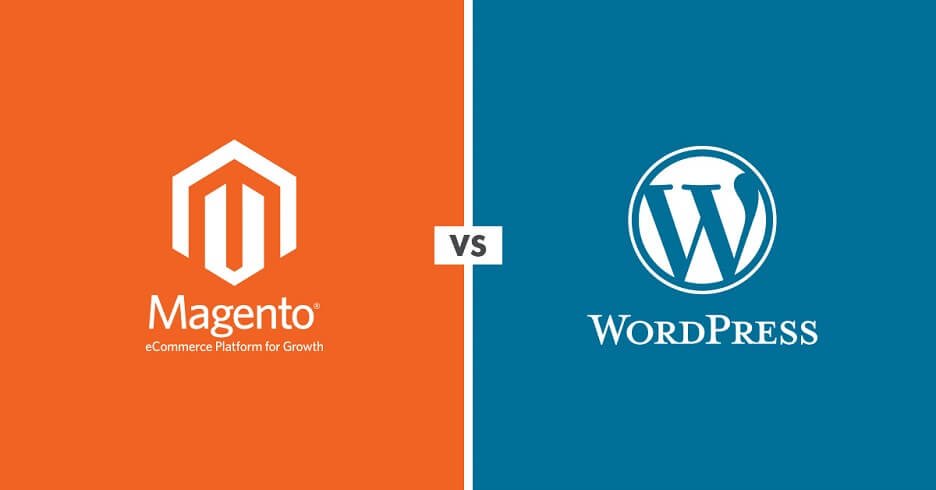The content discusses the comparison between Magento and WordPress for building and managing websites, particularly focusing on e-commerce capabilities. Magento is an open-source e-commerce platform designed for users with basic web development knowledge, offering high scalability and attracting tech-savvy users. However, it may require additional plugins like WooCommerce for full e-commerce functionality. On the other hand, WordPress, a versatile open-source content management system, is popular for its ease of use and vast plugin and theme options. Both platforms have their strengths and weaknesses, and the choice between them depends on individual needs and preferences.
Content Creation for Top Car Brand in the Automobile Sector
Hello readers, if you’re curious about the latest updates in the Automobile sector, you’re in the right place. Today, we’re going to dive deep into the comparison between Magento and WordPress for Ecommerce, pricing, security, SEO, blogging, and more.
Magento vs. WordPress for Ecommerce
According to the US Census Bureau, the total retail ecommerce sales in the US reached $209.5 billion in Q3 2020, with a 36.7% growth rate. When it comes to choosing the right platform for your online store, Magento and WordPress are popular options.
-
Magento Ecommerce:
Magento is an open-source ecommerce platform designed for users with basic web development knowledge. It offers high scalability and attracts tech-savvy users. However, additional plugins like WooCommerce may be required to enhance the platform. - WordPress Ecommerce:
WordPress, not a dedicated ecommerce platform, requires the installation of plugins like WooCommerce for creating an online store. With over 55,000 plugins available, WordPress provides flexibility and additional features for your website.
Pricing Comparison Between Magento and WordPress
Both Magento and WordPress require domain registration, hosting fees, themes, and plugins. While the basic cost to run a Magento store is around $15,000, a WordPress store averages between $500 to $3,000 annually. Magento tends to have higher costs due to premium themes, extensions, and developer hiring expenses.
Security Measures in Magento and WordPress
Security is paramount for any online store. Magento and WordPress both offer security enhancements through plugins and updates. Magento requires manual updates and vulnerability patches, while WordPress has automatic update features for easier maintenance.
SEO Optimization in Magento and WordPress
Optimizing your website for search engines is essential for organic traffic. Magento requires manual SEO optimization tasks, whereas WordPress offers numerous plugins and themes for SEO-friendly websites. Plugins like Yoast SEO aid in achieving better search engine rankings.
Blogging Capabilities in Magento and WordPress
If blogging is a core component of your online strategy, WordPress excels in providing integrated blogging features. Magento requires plugins like Fishpig Magento WordPress Integration or Mag Products Integration to incorporate blogging functionalities seamlessly.
Conclusion
In summary, Magento and WordPress cater to different needs in the ecommerce landscape. Magento is ideal for robust ecommerce setups, while WordPress offers flexibility and ease of use for a variety of online ventures. Choose the platform that aligns best with your business goals and needs.
For more informative content and updates on the Automobile sector, stay tuned for our next article!
Content Compiled and Curated by: vothanhduy.com
Reference Materials: As provided in the respective sections



